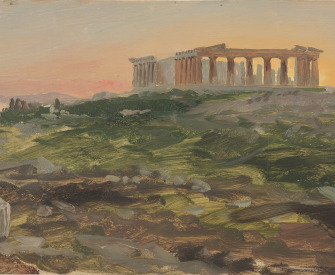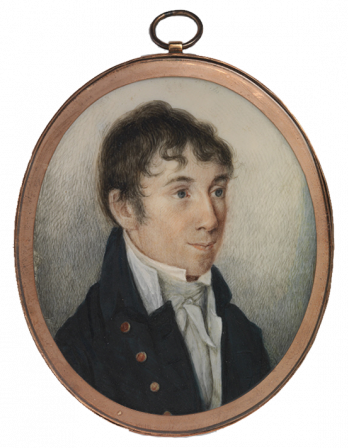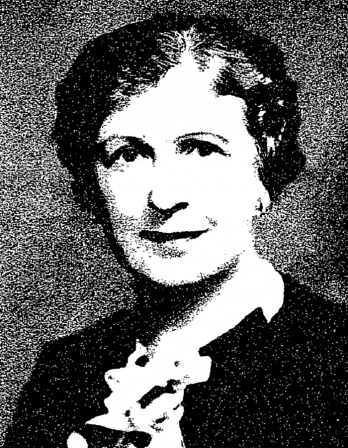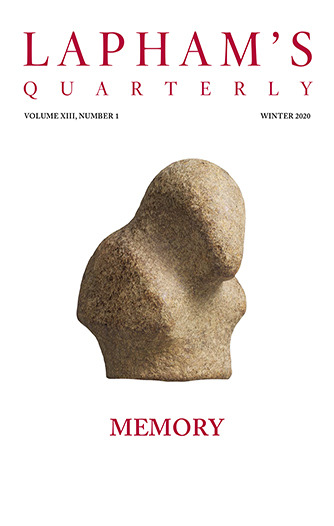The objection may be raised that it was a mistake to allow the universal right of speech and a seat in council. These should have been reserved for the cleverest, the flowers of the community. But it will be found that they are acting with wise deliberation in granting to even the common sort the right of speech.
If only the better people might speak or sit in council, blessings would fall to those like themselves, but to the common people the reverse. Whereas now anyone who likes, any commoner, can get up and discover something to the advantage of himself and his equals. It may be retorted, “And what sort of advantage either for himself or for the people can such a man be expected to hit upon?” The answer is that in their judgment the ignorance and lowliness of this man, together with his goodwill, are worth a great deal more to them than your superior person’s virtue and wisdom, coupled with animosity. A state founded upon such institutions will not be the best state; but given a democracy, these are the right means to procure its preservation. The people does not demand that the city should be well governed and itself a slave. It desires to be free and to be a master. It does not concern itself with bad legislation. In fact, what you believe to be bad legislation is the very source of the people’s strength and freedom. But if you seek good legislation, in the first place you will see the cleverest members of the community laying down the laws for the rest. The better class will curb and chastise the lower orders; the better class will deliberate on behalf of the state, and not suffer madmen to sit in council, or to speak or vote in assembly. Under the weight of such blessings, the people will in a very short time be reduced to slavery.
From The Polity of the Athenians. Considered by some scholars to be the earliest specimen of Attic prose, this treatise has traditionally been attributed to Xenophon, although its authorship has been questioned since antiquity. The anonymous writer, sometimes known as Pseudo-Xenophon or the Old Oligarch, is broadly believed to have been an Athenian citizen with an intimate knowledge of the government. “No democrat,” one translator wrote of the author in 1926, “throws into the highest relief all the shortcomings and excesses of the Athenian democracy.”
Back to Issue




